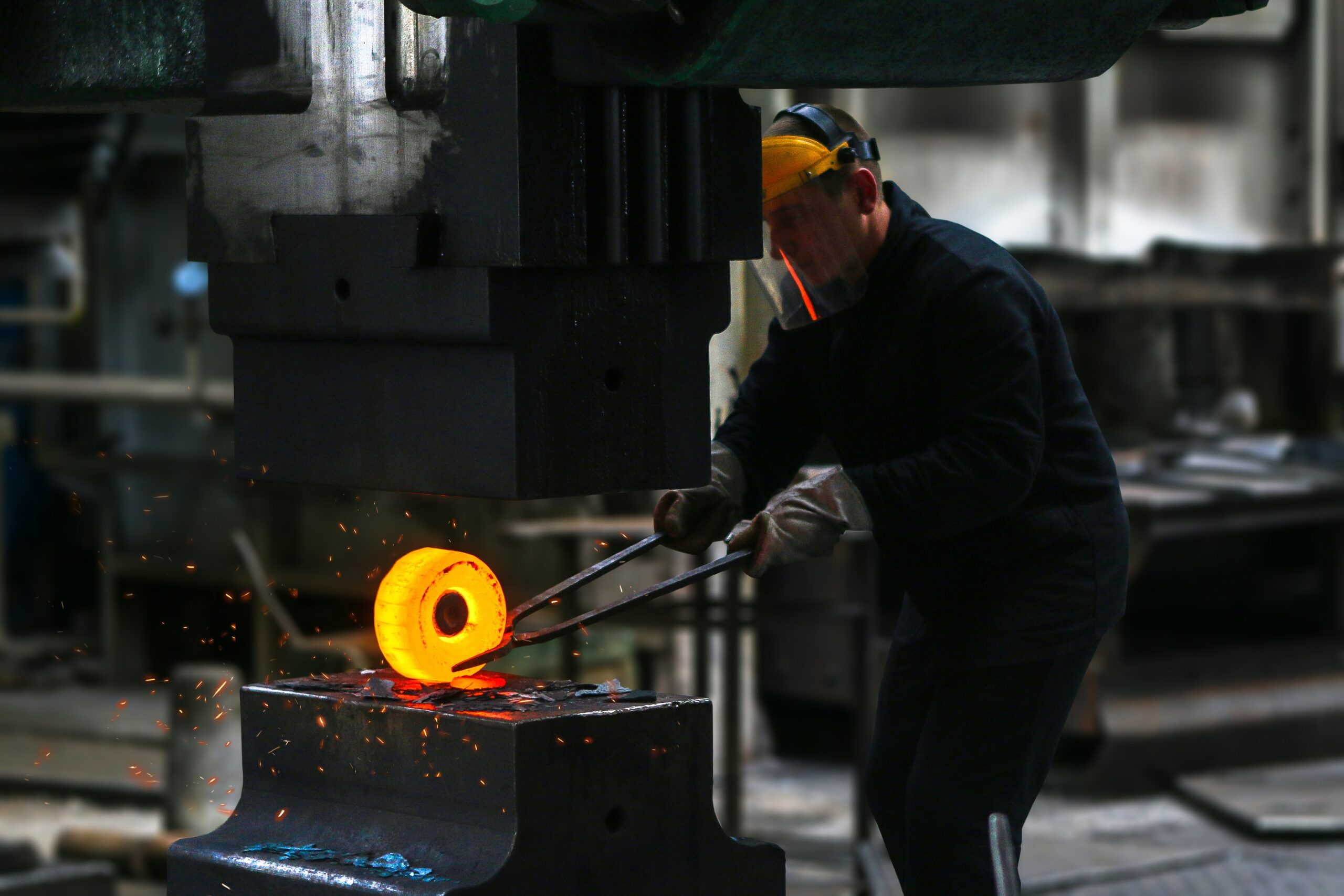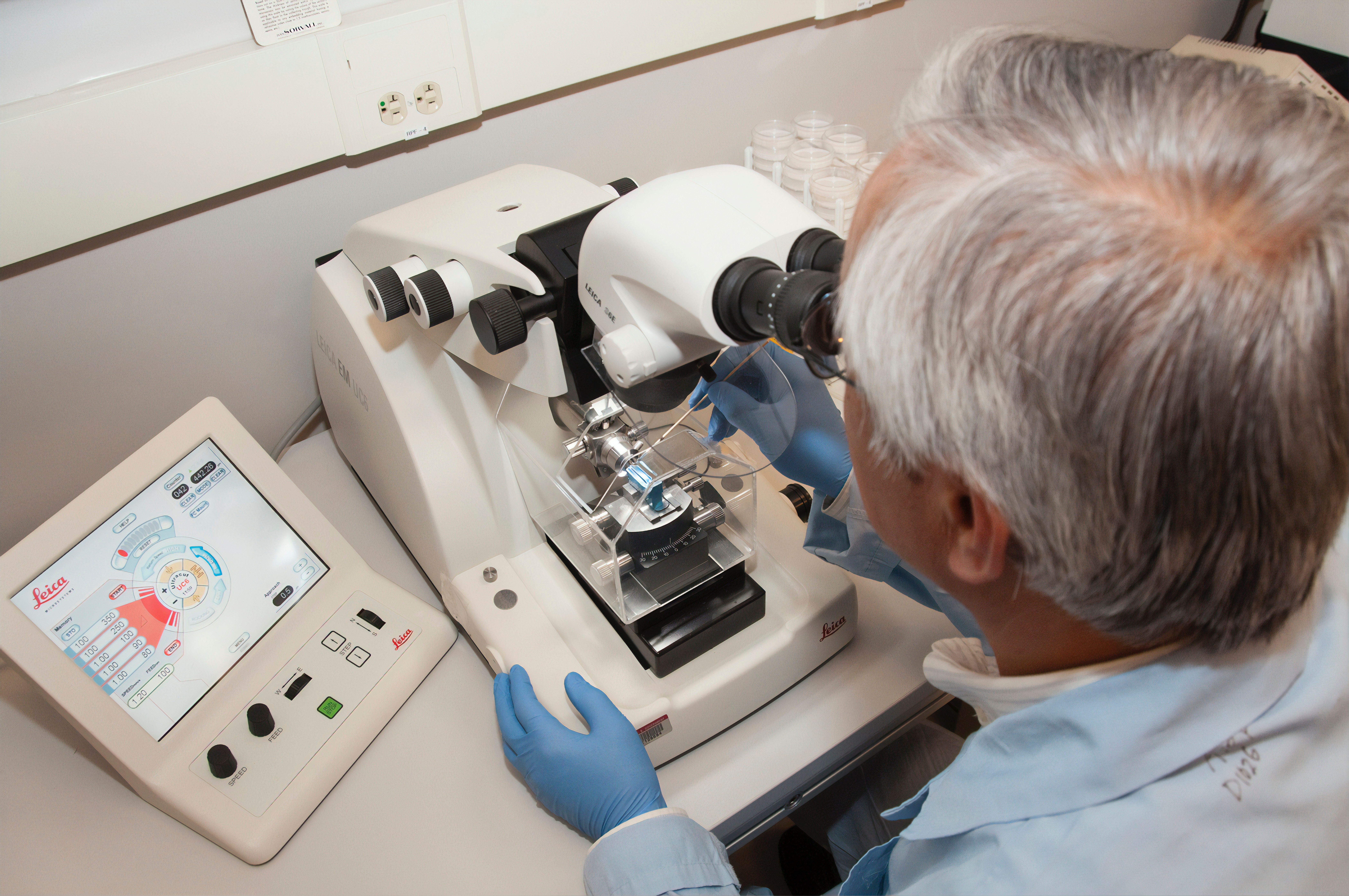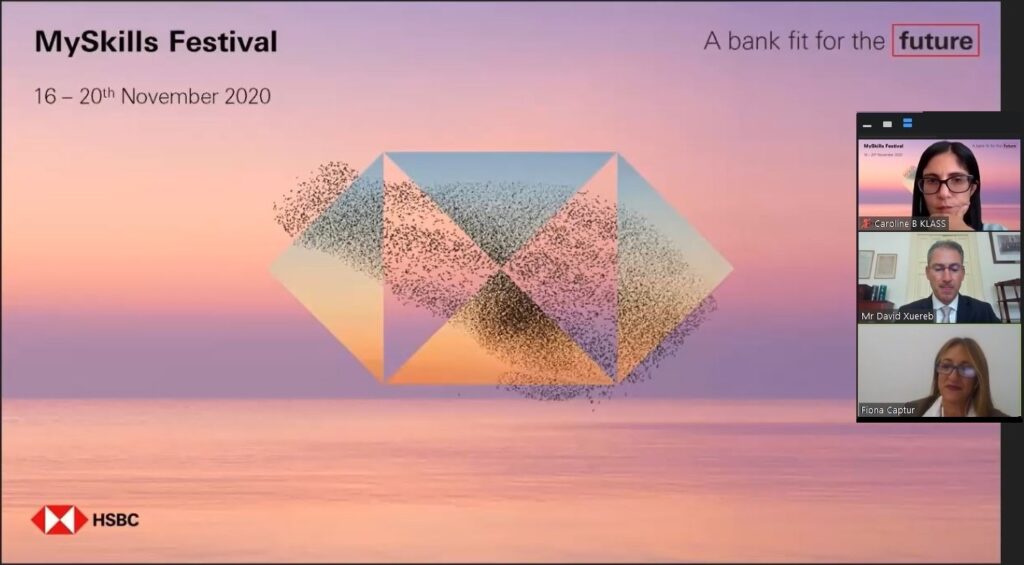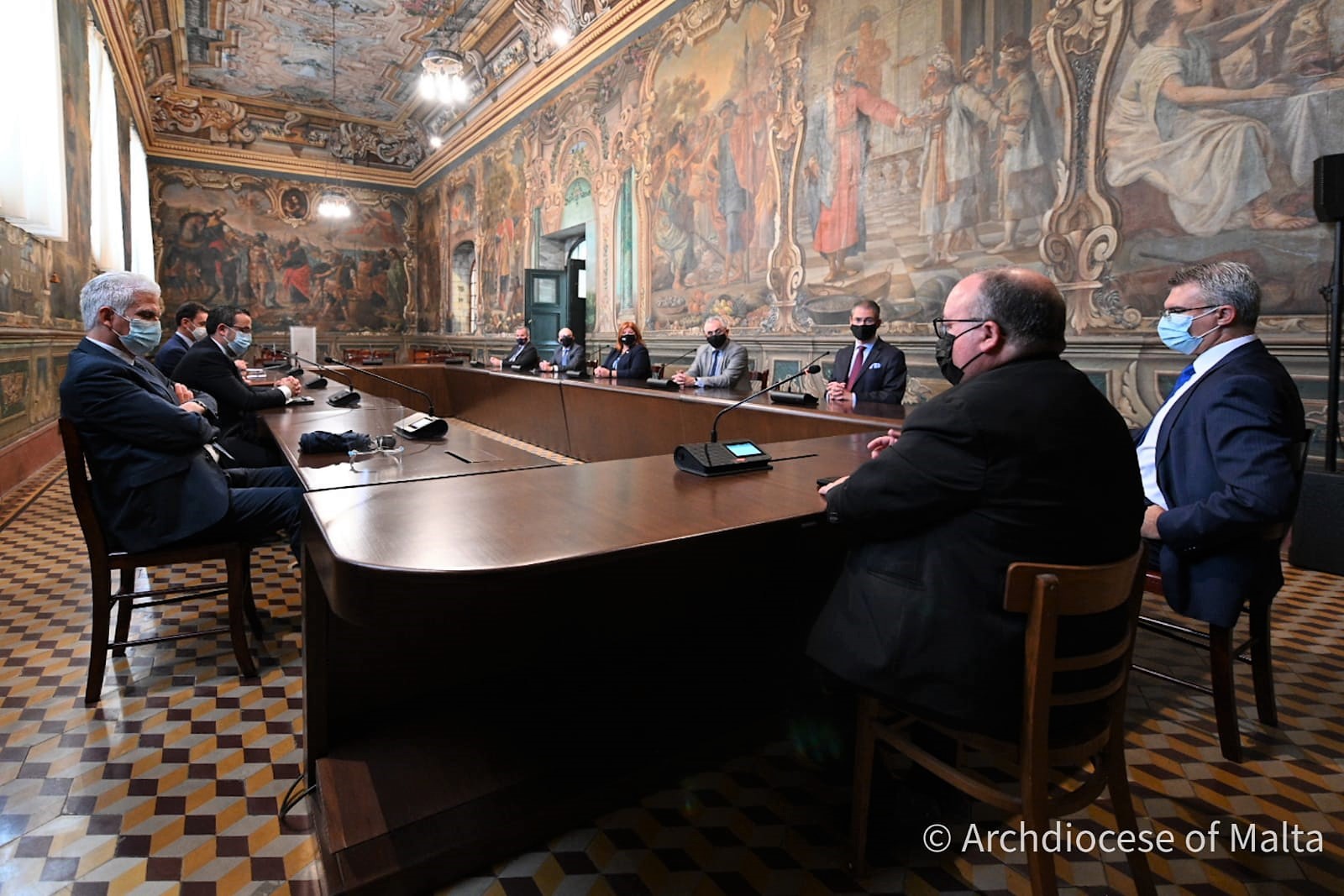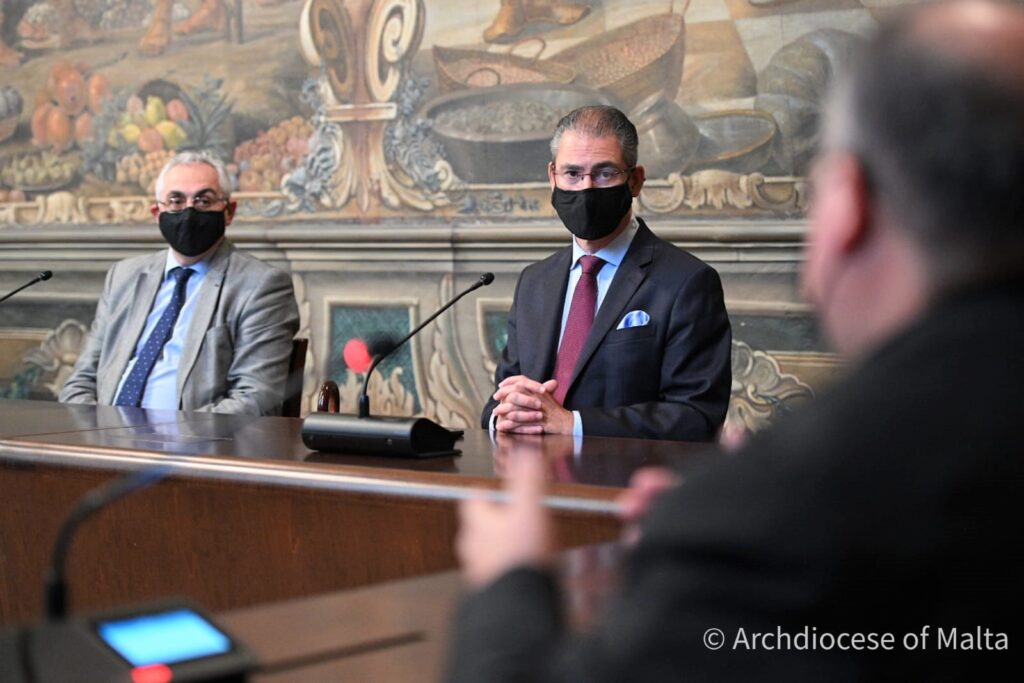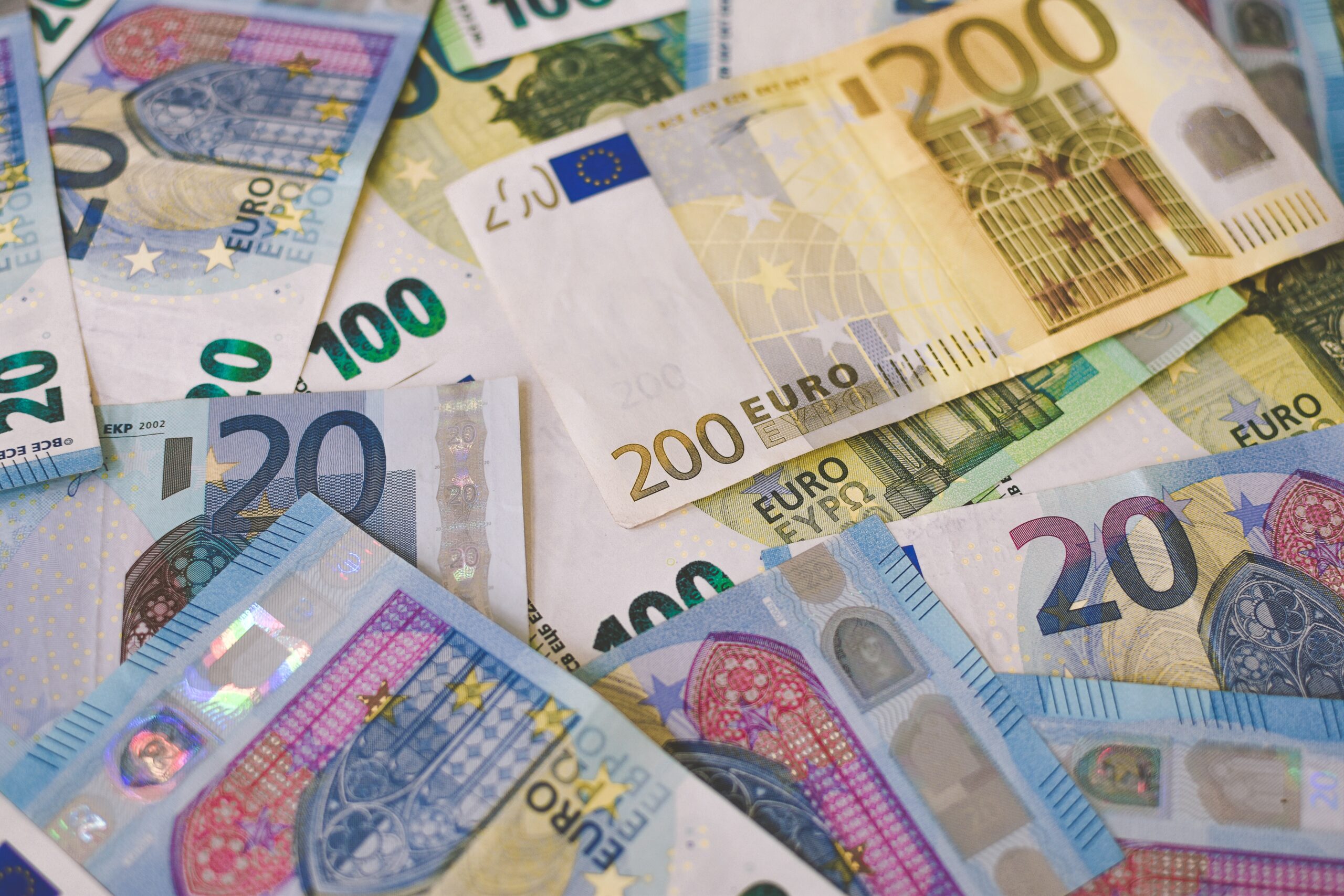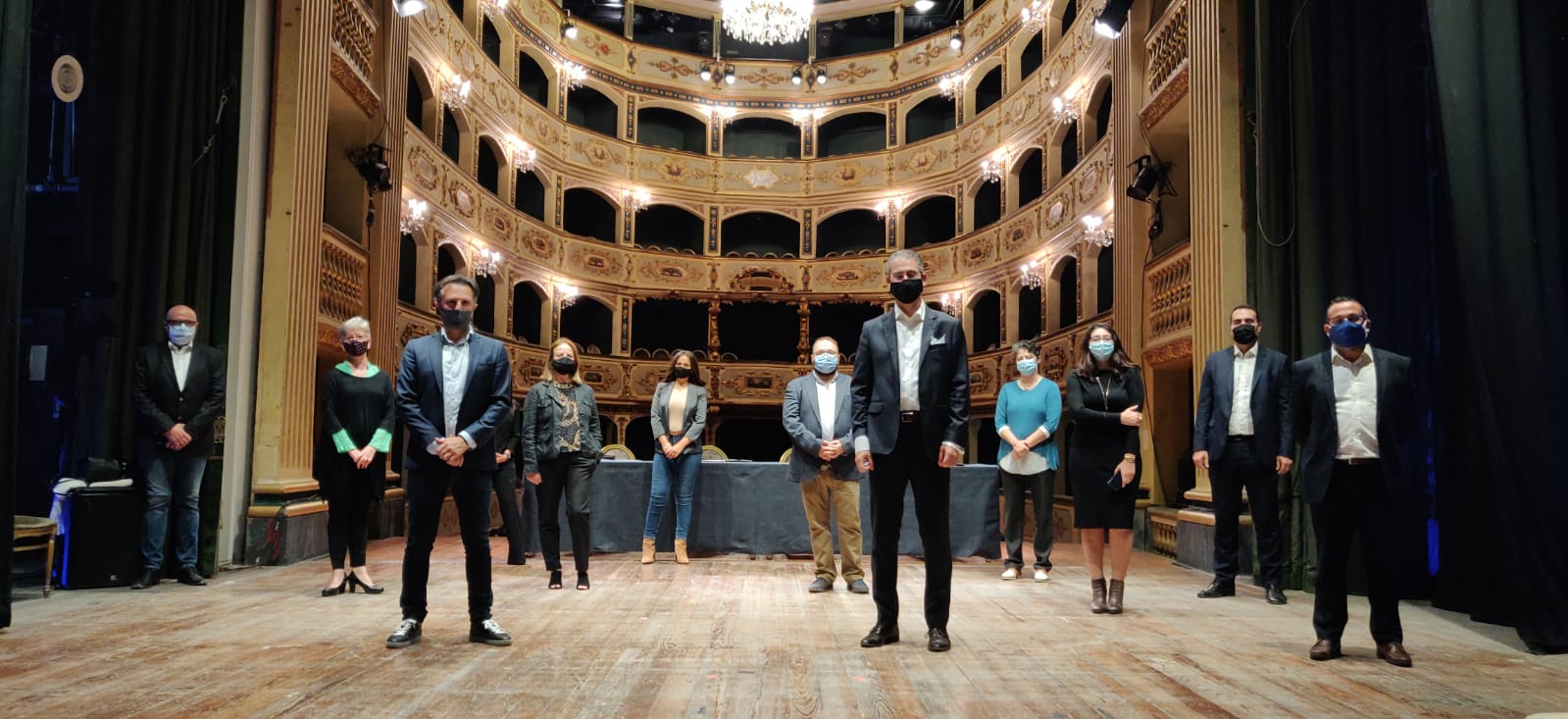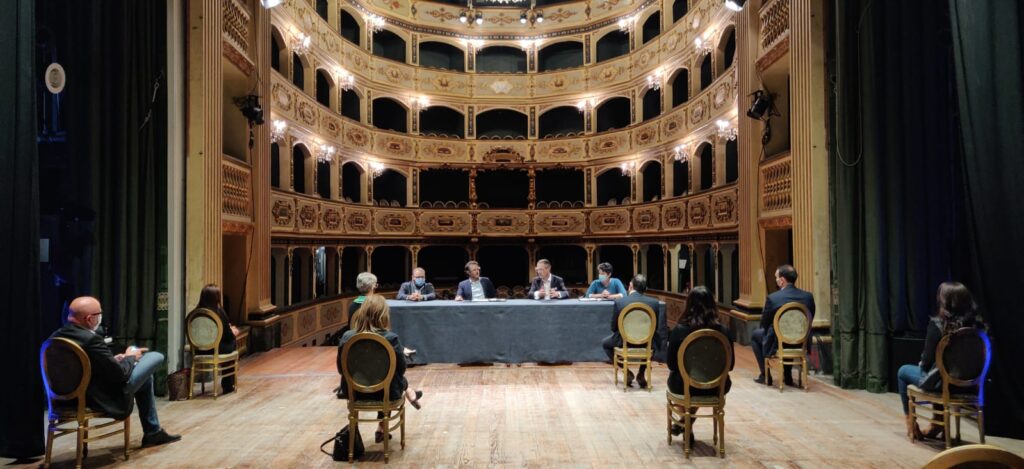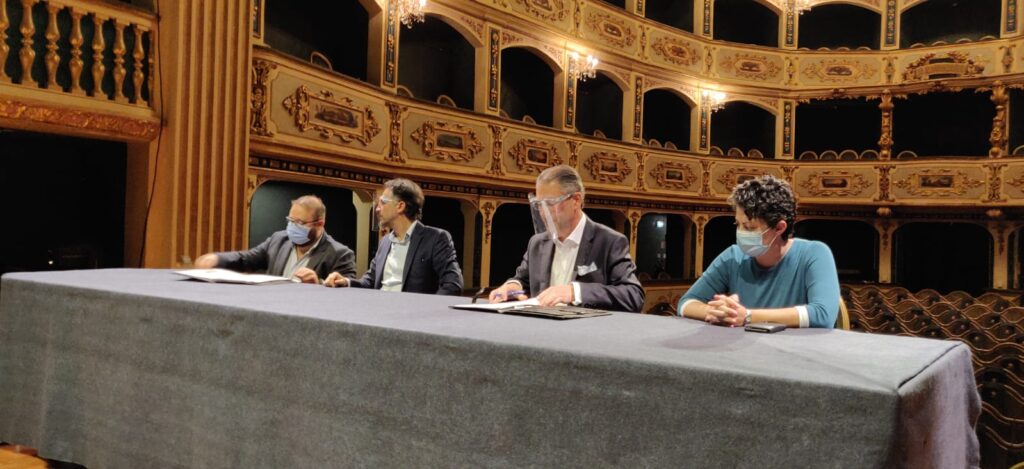Addressing an online dialogue session organised by The Malta Chamber of Commerce, Enterprise and Industry, Mr Joe Pace, Chair of the Manufacturing and Other Industries Economic Group executive committee said that the Manufacturing sector was a crucial mainstay of the Maltese economy, and all parties needed to make sure to do all possible to guarantee its permanence.
The event was open exclusively for members of The Malta Chamber from the Manufacturing sector. The online dialogue session brought together, Hon. Silvio Schembri, Hon. Miriam Dalli and Mr Kurt Farrugia, as attendees had an opportunity to ask questions related to their sector.
Mr Pace said that “even at a time of crisis, the Manufacturing sector provided an anchor for the Maltese economy as for many months it was the only sector which continued to provide stability, and employment for thousands.”
The Manufacturing group chair said that understandably, Government had focused its assistance during the Covid crisis to other sectors which were harder hit. “While we understand that sectors such as hospitality, retail and catering needed the immediate assistance of Government as they were forced to close their doors as soon as the pandemic started to spread, Manufacturing now needs attention as forecasts for the industry are of concern unless the right decisions are taken”.
“The costs related to pay roll and energy in the manufacturing industry are at an uninterrupted increase, which threaten to put the country’s competitiveness in serious trouble” Joe Pace said. The Malta Chamber on behalf of its members operating in this field has proposed a series of measures intended to help Manufacturing, among which, a reduction of utility rates for industry, a more efficient rapid testing for employees who cannot work from home as well as a revision of the quarantine assistance scheme.
“Support towards the manufacturing sector should be prioritised to not only deal with the issues that Covid-19 has created, but to emerge stronger than ever after the pandemic” he concluded.
When addressing the Q&A session, Minister for the Economy and Industry, Silvio Schembri, remarked that besides labour, the biggest challenge for the industry was the lack of infrastructure and the scarcity of industrial facilities and space. ‘This is why we launched the biggest industrial infrastructural investment programme in our nation’s history, which shall give a competitive edge to our firms and lower operating costs considerably, which will also push for the adoption of the greenest technologies possible, as well as it shall showcase the transformation of our economy,’ said Minister Schembri. Minister Schembri added that now that the inclusion of the Lands’ Authority within this Ministry will accelerate the implementation of the €470 million industrial infrastructure investment program. Minister Schembri added that education and training are key for both current workforce and future generations. ‘Businesses must think digitally. With the inclusion of the digital economy sector within this Ministry, we shall now delve into the opportunities this sector holds, as well as enhance the economic area in high value-added manufacturing industry,’ said Minister Schembri. ‘In order to strengthen Malta’s competitiveness we must first ensure that on the ground we have adequate space and skills for businesses to flourish,’ said Minister Schembri.
Minister Miriam Dalli said “The setting up of the new Ministry for Energy, Enterprise and Sustainable Development is a clear indication of the government’s vision in taking our country forward. The Chamber has been a strong voice in advocating for smart thinking and ensuring sustainable solutions. I am convinced that together we can come up with innovative responses to address today’s challenges. By finding the best responses to the challenges brought about by the pandemic, we will also be able to prepare our businesses for a more sustainable future that supports the industry, provides good quality jobs and a better quality of life for our citizens.”
Addressing the event, Malta Enterprise CEO Kurt Farrugia said “All throughout the pandemic Malta Enterprise kept direct contact with each and every manufacturing company to understand the changing realities of this vital niche of our economy. We are committed to deepen this dialogue in the next months to face the challenges that are still around the corner. We are also ready to provide further assistance through support measures for our manufacturing industry to future proof their operations and make them more sustainable.”
The event offered the exclusive opportunity to Malta Chamber members to ask questions, and get answers directly from the country’s highest authorities in their respective field. Attendants were also addressed by the President of The Malta Chamber Perit David Xuereb, CEO Ing. Edward Chetcuti and Head of Policy Andre Fenech.
